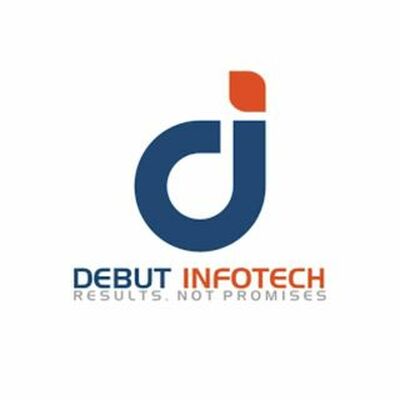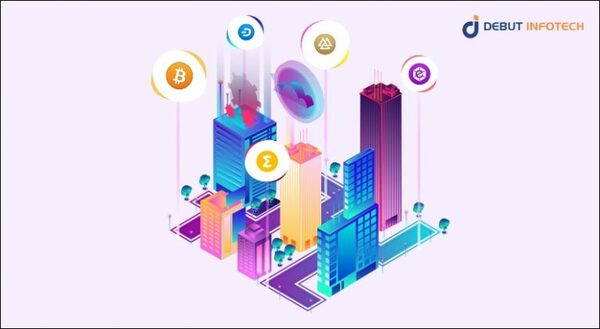The world of real estate is experiencing a significant transformation, thanks to blockchain technology. One of the most exciting developments is real estate tokenization, a process that enables real estate assets to be digitized and traded as tokens on a blockchain. But exactly what is real estate tokenization, and how does the process work? Let’s break it down.
What is Real Estate Tokenization?
Real estate tokenization is the process of converting ownership rights in a real estate asset (such as a property or a share in a real estate investment) into digital tokens using blockchain technology. These tokens are secure, transparent, and easily transferable, allowing for fractional ownership and making real estate investments more accessible to a broader range of investors. Instead of owning the entire property, investors can own tokens that represent a share of the property’s value.
Step-by-Step Process of Real Estate Tokenization
1. Asset Identification and Valuation
The first step in tokenizing a real estate asset is selecting the property to be tokenized. This could be residential, commercial, or industrial real estate. Once the property is identified, it must be valued. This valuation process typically involves assessing the market value, location, condition, and potential rental income or capital appreciation of the property. Professional appraisers or real estate experts are often engaged to ensure the asset's value is accurately determined.
2. Creating a Legal Structure
Before proceeding with tokenization, it's essential to create a legal structure for the asset. Real estate tokenization often requires setting up a Special Purpose Vehicle (SPV), a legal entity that holds the real estate asset on behalf of the token holders. This structure ensures compliance with local regulations and makes it easier to distribute profits, such as rental income or proceeds from a sale, to the token holders.
3. Tokenization of the Asset
Once the asset and legal structure are in place, the next step is to tokenize the real estate. This involves creating digital tokens on a blockchain that represent shares of the real estate asset. Each token is linked to a specific portion of the property, and the number of tokens issued typically corresponds to the value of the asset. For example, if a property is valued at $1 million and 1,000 tokens are created, each token would represent a $1,000 share in the property.
Blockchain technology ensures that the tokenization process is secure, transparent, and tamper-proof. The blockchain records every transaction, making it possible for investors to track ownership and verify the asset's value.
4. Compliance with Regulatory Requirements
Real estate tokenization is subject to various regulatory frameworks, which vary by country or region. These regulations ensure that tokenized real estate investments adhere to securities laws and other legal standards. Depending on the jurisdiction, the tokens may be classified as securities, requiring compliance with anti-money laundering (AML) and know your customer (KYC) regulations.
To meet these requirements, the token issuance platform may require investors to go through identity verification processes before purchasing tokens. This ensures that only accredited investors or individuals who meet specific legal criteria can participate in the tokenization process.
5. Issuing Tokens to Investors
After tokenization and legal compliance, the tokens are made available for sale to investors. This typically happens through an Initial Coin Offering (ICO) or Security Token Offering (STO). Investors can buy tokens that represent ownership in the real estate asset. Since the tokens are traded on a blockchain, they are easily transferable, meaning that investors can buy and sell their tokens on secondary markets.
6. Ongoing Management and Distribution of Earnings
Once the tokens are sold, the real estate asset is managed as usual, with property maintenance, leasing, and other operational activities continuing. Any rental income or profits from the sale of the property are distributed among the token holders based on the number of tokens they own.
Blockchain technology ensures transparency throughout this process, allowing investors to track earnings and any updates on the property. Token holders may also have voting rights on certain decisions regarding the property, depending on the terms of the tokenization platform.
7. Secondary Market Trading
One of the key benefits of real estate tokenization is the ability to trade tokens on secondary markets. Token holders can sell their tokens to other investors, making real estate investments more liquid and flexible. Blockchain platforms provide a secure and transparent way to conduct these transactions, ensuring that ownership records are always up-to-date.
Conclusion
Real estate tokenization on blockchain opens up new opportunities for investors and property owners alike. It democratizes real estate investing by allowing fractional ownership and creating a more transparent, efficient, and liquid market. From selecting the asset to trading tokens on secondary markets, the process involves several key steps, all of which are supported by blockchain technology. As the adoption of blockchain in real estate grows, we are likely to see even more innovative uses of tokenization in the future.



